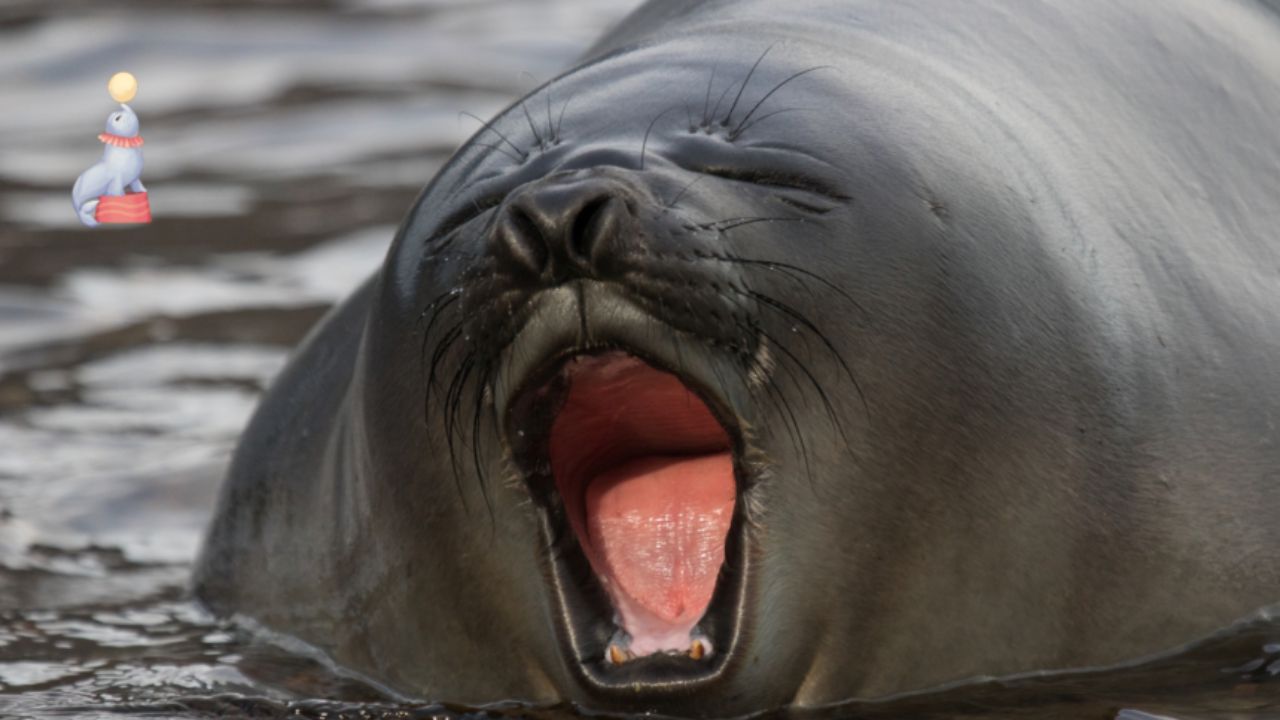- A new study found that when elephant seals dive deep into the ocean, they drift down in a “sleep spiral”
- Scientists think that seals can avoid being eaten by predators when they sleep while deep diving.
- As part of the study, scientists in California recorded the brain waves of 13 young female seals.
To stay safe from enemies, seals fall asleep when they dive as deep as 377 meters, which is about 1,235 feet. During their half-hour dives, they slide down for about 10 minutes at a time, and sometimes they even sleep on the sea floor, according to new research published in Science.
According to the University of California, Santa Cruz, this study is the first time experts have looked at the brain waves of a wild marine mammal and recorded how it sleeps.
The study looked at how important sleep is for animals and found that marine mammals have “especially hard time sleeping” when they are at sea.
Daniel Costa, the head of the UCSC Institute of Marine Sciences, said that when elephant seals sleep has been one of the most important questions about them for a long time.
The lab used tags to find out where elephant seals in the Ao Nuevo Reserve go when they leave for months at a time to live in the Pacific Ocean.
“The dive logs show that they are always diving, so we thought they must be sleeping during what we call drift dives, when they stop swimming and slowly sink, but we didn’t really know,” Costa said.
Professor Terrie Williams from UC Santa Cruz told BBC News that it was “remarkable” that any animal could fall asleep while floating hundreds of feet below the water’s surface.
“This isn’t a light sleep; it’s a deep sleep that would make a person snore. The seal’s brain always wakes them up before they run out of air, which is pretty amazing.
“It’s scary to think about waking up on the bottom of a pool,” said Williams.
Read More: Do all fish need water to survive? How fish in fresh water and fish in salt water deal with water.
At just two hours a day, African elephants are the mammals that sleep the least. However, these new findings show that elephant seals “rival the record,” as UCSC puts it.
Killer whales and sharks attack elephant seals when they are at the top of the water. This is why they don’t spend much time there and only stay there long enough to breathe between dives, according to UCSC.
The study’s leader, Jessica Kendall-Bar, said, “They can hold their breath for a long time, so they can go into a deep sleep on these dives deep below the surface where it’s safe.”
The scientists put electroencephalogram (EEG) monitors in neoprene headcaps and put them on 13 young female seals to record how their brains were working.
Kendall-Bar, a postdoctoral fellow at UC San Diego’s Scripps Institution of Oceanography, said, “We used the same sensors you’d use for a human sleep study at a sleep clinic. We attached the headcap with a removable, flexible adhesive so that water couldn’t get in and mess up the signals.”
The data showed that the diving seals went into a type of sleep called “slow-wave sleep” before going into REM sleep, which causes a “sleep spiral” or “sleep paralysis.”
Scientists say that elephant seals do sleep a lot when they are on land—about 10 hours—which makes their sleeping habits “unusual.”
Read More: Discover the biggest and deadliest snake ever seen in Texas, USA









Comments are closed.